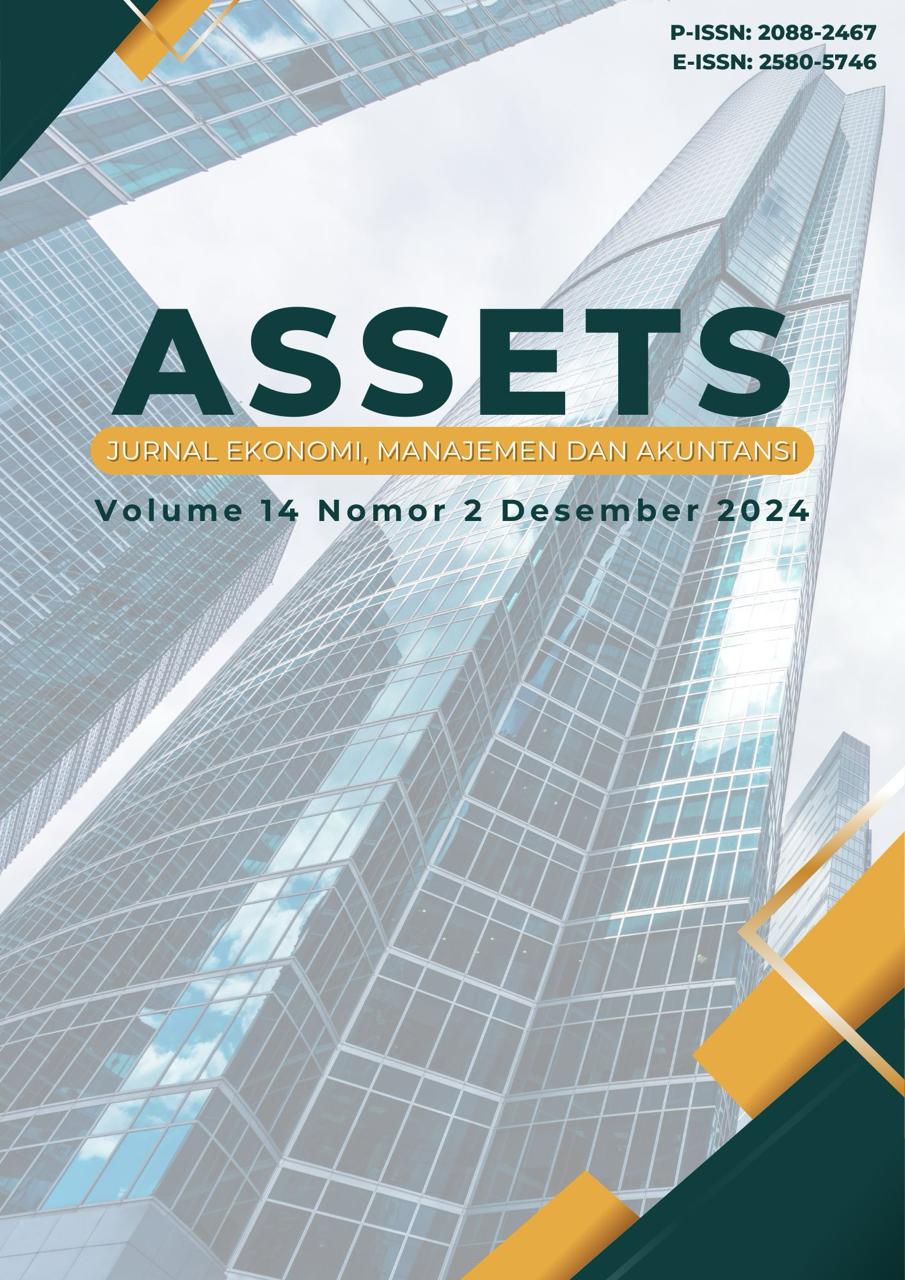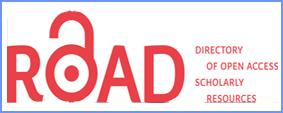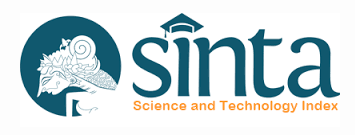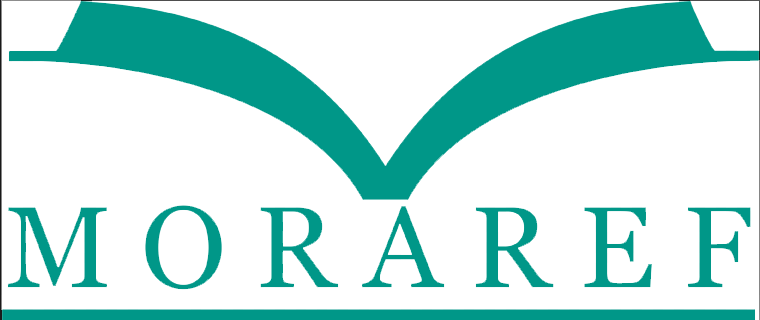THE ANALYSIS OF CROWE HOWARTH THEORY TO ELUCIDATE FRAUD FACTORS IN THE ACADEMIC SECTOR
Abstrak
Ensuring the attainment of Social Development Goals (SDGs) in the education sector necessitates equipping university students with the necessary skills and qualities to become effective leaders with strong moral principles. The character of students, particularly those in financial majors, can have a significant impact on the quality and integrity of the future human resources in the financial sector. The fraud in the academic sector should not be ignored because it can be a challenge for SDG’s programme. This research aims to find out the influence of the fraud Pentagon’s dimensions/ Crowe’s theory, namely academic pressure, opportunity, rationalisation, competence, and arrogance, on academic students’ dishonesty. The type of research used in this study is quantitative research. The research design in this study is ex post facto. The data in this research is primary data collected with the use of the questionnaire survey, tested with the SmartPLS analysis tool. The result explains that students commit academic fraud supported by academic pressure, the opportunity to conduct the fraud, and the competence to make a strategy to conduct academic dishonesty. Meanwhile, rationalisation and arrogance have no influence on academic students’ dishonesty. We propose the following recommendation to the parties concerned: for education practitioners, this study provides valuable information considering the impact of pressure, opportunity, rationalisation, competence, and arrogance on academic dishonesty behaviour, devising better letter methods or rules to minimise academic fraud among students, especially for online learning and examinations. This study empirically confirms that the fraud pentagon dimension factors influenced 71.1% of academic students’ dishonesty. Meanwhile, the rest was caused by other factors.
Referensi
Ajzen, I. (1991). The theory of planned behavior. Organizational Behavior and Human Decision Processes, 50(2), 179–211. https://doi.org/10.1016/0749-5978(91)90020-T
Ajzen, I. (2005). Attitudes, Personality, and Behaviour (T. Manstead, Ed.; 2nd ed.). Open University Press.
Albrecht, W. S., Albrecht, C. O., Albrecht, C. C., & Zimbelman, M. F. (2011). Fraud Examination 4th Edition (4th Edition). Cengage Learning.
Alpiansah, R. (2017). Fraud Triangle pada Academic Dishonesty. Universitas Mataram, Academic Dishonesty, 1–20.
Beck, L., & Ajzen, I. (1991). Predicting dishonest actions using the theory of planned behavior. Journal of Research in Personality, 25(3), 285–301. https://doi.org/10.1016/0092-6566(91)90021-H
Cohen, J. (2013). Statistical Power Analysis for the Behavioral Sciences. Routledge. https://doi.org/10.4324/9780203771587
Cressey, D. R. (1950). The Criminal Violation of Financial Trust. American Sociological Review, 15(6), 738. https://doi.org/10.2307/2086606
Darwati, D. (2019). Pengaruh Fraud Pentagon Terhadap Perilaku Kecurangan Akademik Mahasiswa Fakultas Ekonomi Universitas Negeri Semarang Angkatan 2015. Semarang University.
Djaelani, Y., Zainuddin, Z., & Mustari Mokoginta, R. (2022). Academic fraud of students in the Covid-19 period. International Journal of Research in Business and Social Science (2147- 4478), 11(2), 414–422. https://doi.org/10.20525/ijrbs.v11i2.1640
Ghozali, I. (2011). Aplikasi Analisis Multivariate dengan Program IBM SPSS 19 (5th ed.). Badan Penerbit Universitas Diponegoro.
Hair, J., Michael, P., & Brunsveld, N. (2020). Essentials of Business Research Methods (14th ed.). Routledge Taylor & Francis .
Horwarth, C. (2010). IIA Practice Guide: Fraud and Internal Audit . The Unique Alternative to the Big Four ® IIA Practice Guide: Fraud and Internal Audit 2010 Western Regional Conference .
Irawan, M. (2017). Pengaruh Fraud Pentagon Terhadap Perilaku Kecurangan Akademik Mahasiswa Pendidikan Akuntansi Angkatan Tahun 2015 Univeresitas Negeri Semarang Tahun Ajaran 2016/2017.
Krejcie, R. v., & Morgan, D. W. (1970). Determining Sample Size for Research Activities. Educational and Psychological Measurement, 30(3), 607–610. https://doi.org/10.1177/001316447003000308
Mason, K. (2006). Student Integrity. The Journal of Business Review, 297–300.
Morris, D. E., & Kilian, C. M. (2007). Do Accounting Students Cheat? A Study Examining Undergraduate Accounting Students’ Honesty and Perceptions of Dishonest Behavior. SSRN Electronic Journal. https://doi.org/10.2139/ssrn.1010277
Nonis, S., & Swift, C. O. (2001). An Examination of the Relationship Between Academic Dishonesty and Workplace Dishonesty: A Multicampus Investigation. Journal of Education for Business, 77(2), 69–77. https://doi.org/10.1080/08832320109599052
Oktarina, D. (2021). Analisis Perspektif Fraud Pentagon pada Terjadinya Kecurangan Akademik Mahasiswa Akuntansi. Jurnal Ekonomi Universitas Kediri, 6.
Olejnik, S. N., & Holschuh, J. P. (2007). College Rules!: How to Study, Survive, and Succeed in Colleger (2nd ed.). Ten Speed Press.
Rafnhar, R. (2021). Pengaruh Kecurangan Akademik Dimensi Fraud Pentagon pada Mahasiswa Akuntansi (Studi Kasus pada Mahasiswa S1 Akuntansi Pembangunan Nasional “Veteran” Jawa Timur dan Universitas Airlangga). Universitas Pembangunan Nasional “Veteran” East Java.
Sasongko, N., Noor Hasyim, M., & Fernandez, D. (2019). Analysis of Behavioral Factors that Cause Student Academic Fraud. The Journal of Social Sciences Research, 53, 830–837. https://doi.org/10.32861/jssr.53.830.837
Suhartini, D., Priono, H., Widoretno, A. A., & Tiaramurti, G. (2020). A Systematic Literature Review of Factors Caused Academic Fraud Behavior. Nusantara Science and Technology Proceedings, 10–17. https://doi.org/10.11594/nstp.2019.0402
Utami, D. P. W., & Purnamasari, D. I. (2021). The Impact of Ethics and Fraud Pentagon Theory on Academic Fraud Behaviour. Journal of Business and Information Systems, 3(1).
Utami, L. A., & Adiputra, I. M. P. (2021). Analisis Pengaruh Dimensi Fraud Crowed Pentagon Terhadap Kecurangan Akademik Mahasiswa Penerima Beasiswa. Jurnal Ilmiah Akuntansi Dan Humanika, 11.
West, T., Ravenscroft, S., & Shrader, C. (2004). Cheating and Moral Judgment in the College Classroom: A Natural Experiment. Journal of Business Ethics, 54(2), 173–183. https://doi.org/10.1007/s10551-004-9463-x
Winardi, R. D., Mustikarini, A., & Anggraeni, M. A. (2017). Academic Dishonesty Among Accounting Students: Some Indonesian Evidence. Jurnal Akuntansi Dan Keuangan Indonesia, 14(2), 142–164.
Wolfe, D. T., & Hermanson, D. R. (2004). The Fraud Diamond: Considering the Four Elements of Fraud. Kennesaw State University DigitalCommons@Kennesaw State University, 38–42.
##submission.copyrightStatement##
##submission.license.cc.by-nc-sa4.footer##









